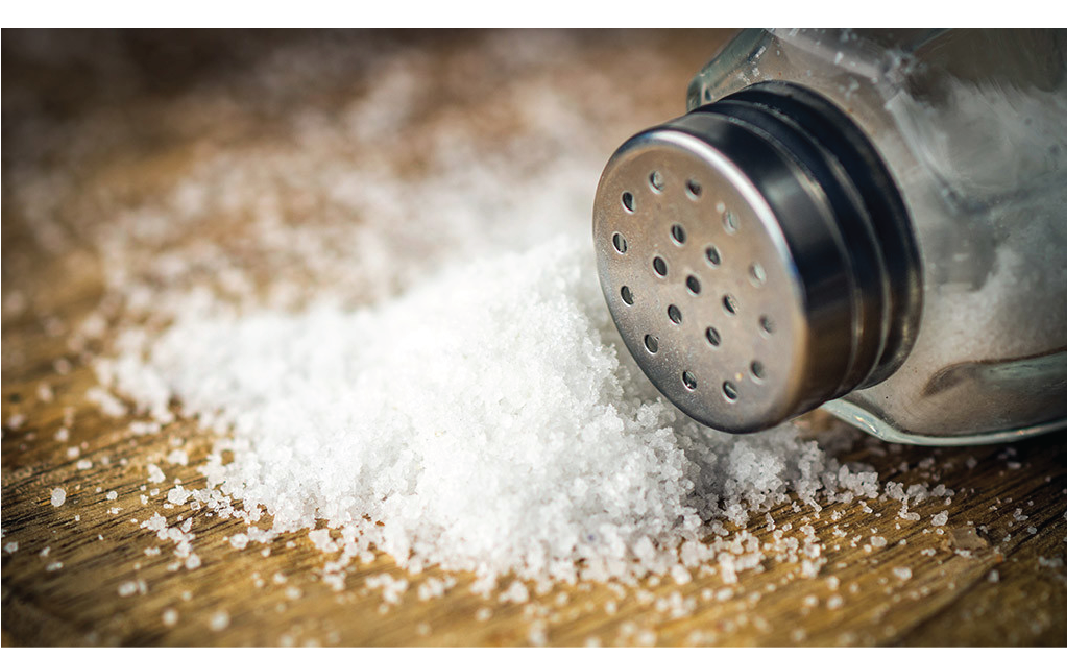


Choose salt from the varieties available, best suited for one's requirement. When buying table salt, choose an iodized one. Always buy salt which is free from impurities and moisture.
Excess consumption of salt may lead to impaired health such as high blood pressure, heart disease, stroke, osteoporosis, water retention, bloating and a risk of stomach cancer.(2)
- Disclaimer
"Information here is provided for discussion and educational purposes only. It is not intended as medical advice or product or ingredient review/rating. The information may not apply to you and before you use or take any action, you should contact the manufacturer, seller, medical, dietary, fitness or other professional. If you utilize any information provided here, you do so at your own risk and you waive any right against Culinary Communications Private Limited, its affiliates, officers, directors, employees or representatives.”
Description
Salt is a mineral which occurs naturally in seawater or in underground rocks. It is composed of two basic elements, sodium (40 percent) and chloride (60 percent). Salt is the most common and widely used seasoning in our food. Salt has few important uses which are as follows: 1) Enhancing flavour - Salt adds a salty flavour which is a desired taste in a food, it can also bring out or tone down other flavors in food, such as sweet and bitter. Salt releases certain molecules in food, enhancing some of the ingredient's flavors and making the food more aromatic.2) For preservation - foods especially meat are treated with salt for preservation. Salt prevents microbes to grow as it draws out moisture when added to food and causes spoilage. 3) Improves texture and colour - Salt builds texture in some foods like for example the portion of salt affects the rate of yeast fermentation and gluten formation, both factors which determine the bread's final texture. Also, salt also increases caramelization in a bread crust, thus helping the bread to get the desired golden colour. 4) As a binder - salt is a good binding agent. When its added to processed meats like sausages it results in gelatinization of proteins which helps hold the product together. 5) Source of nutrition - salt is a combination of sodium and chloride, these minerals are much needed by the body. Sodium is needed for muscles to contract and relax, conduct nerve impulses, and maintain electrolyte balance and water in the body. Furthermore salt is of many kinds and a few of the commonly used ones are: Table salt- This salt is fine-grained and usually supplemented with iodine. It is the salt we usually use at home for seasoning. Sea Salt - It is obtained from the sea and is made of large crystals. Kosher Salt- it is salt produced by conforming to Jewish laws. It has large flakes. Himalayan Pink Salt - It is pink in colour and coarse in texture. It is mined from the Himalayan area. Red and Black Hawaiian Sea Salt- this salt is made from volcanic clay and activated charcoal. Fleur de Sel- it is a delicate salt which is used after cooking to add flavor to finished meals.